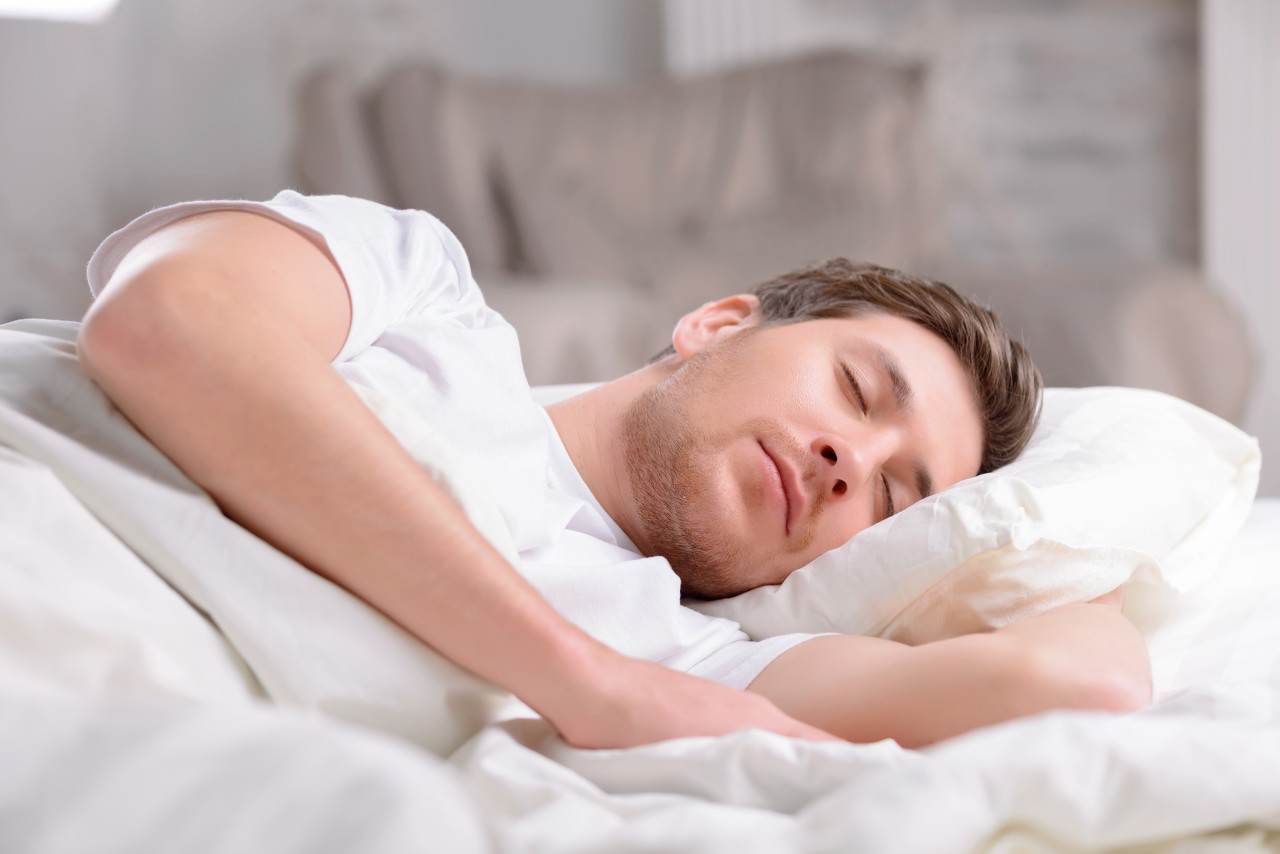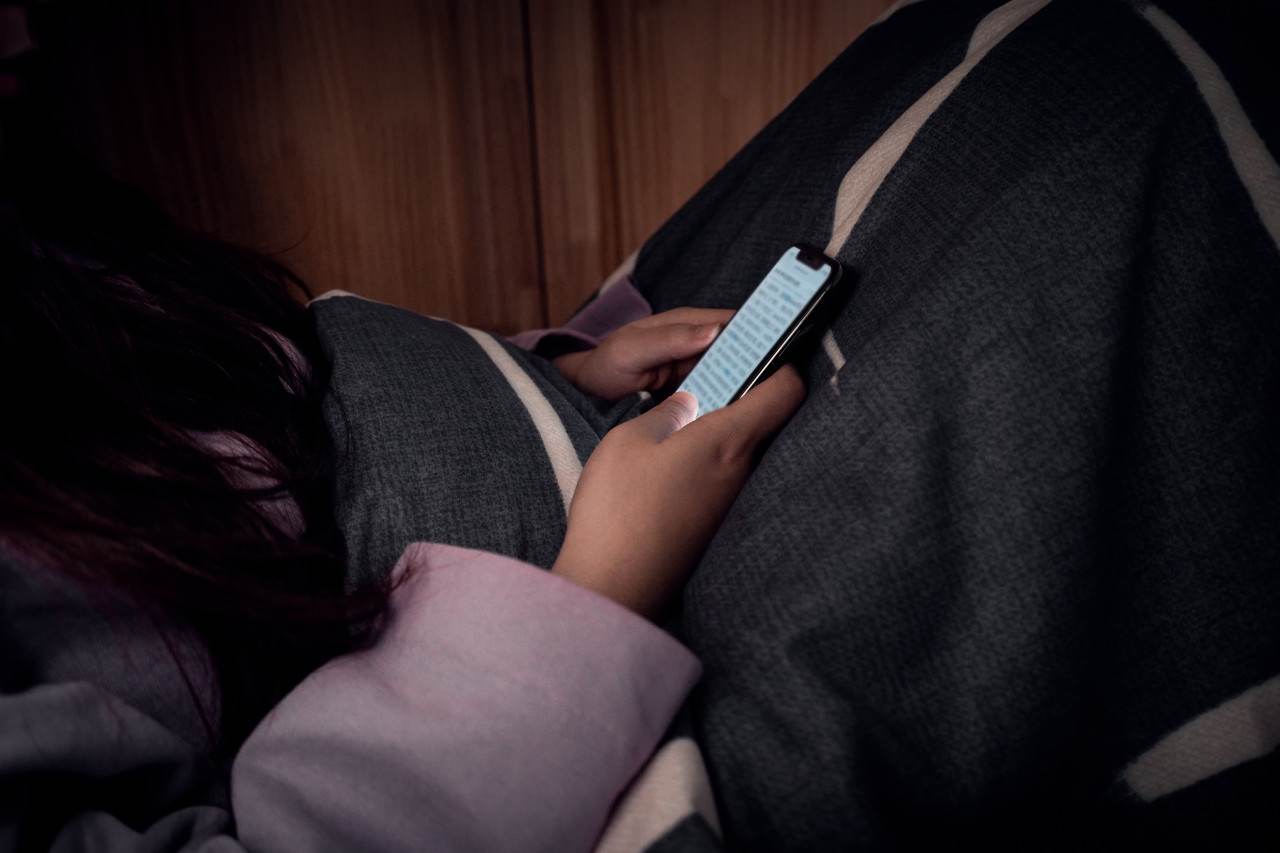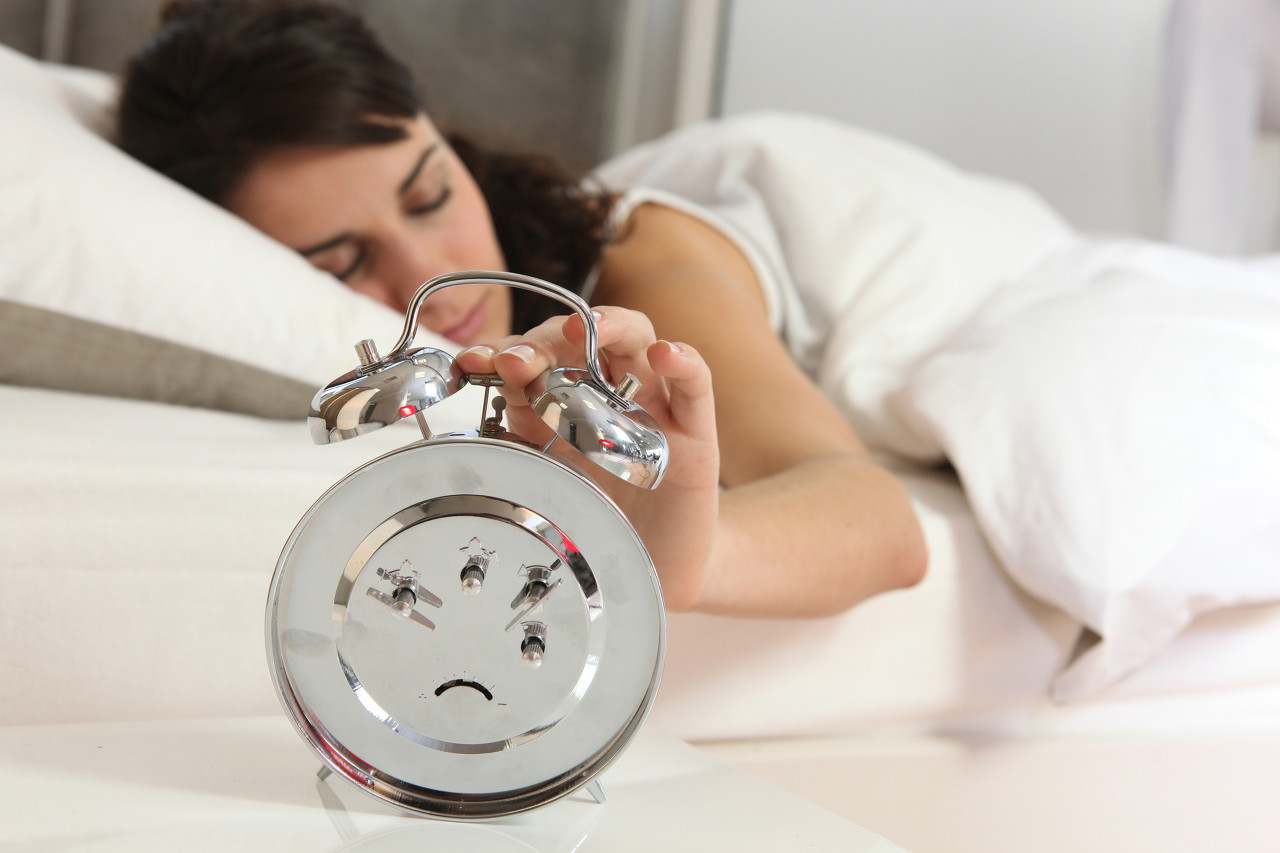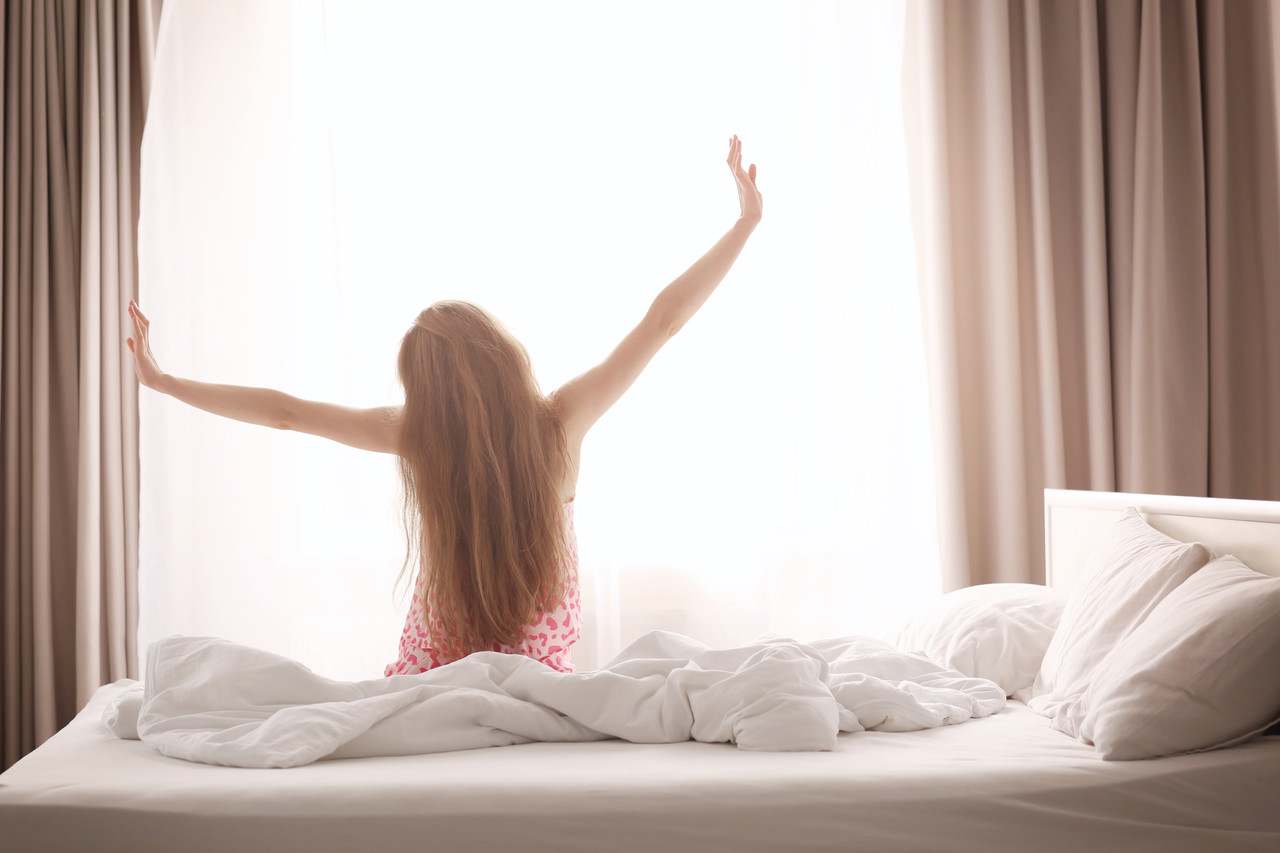
[Doctor, I have been so anxious that I can’t sleep recently? ]
[Why? ]
[Recently, there was a big news, saying that some studies believe that sleeping too long is easy to become dementia. I heard before that sleeping too little will make you silly, but sleeping too much is not enough. How long does one have to sleep? Now I don’t even know how to sleep.]
All right. It seems necessary to clarify this statement.
First of all, the conclusion is that the relationship between sleeping too much and dementia is not a simple causal relationship, that is, dementia is not caused by sleeping too long.
How to interpret: the relationship between too much sleep and dementia?
A reasonable analysis process should be as follows:
First of all, why did you sleep so long? Is there a what factor behind this?
Then, will the factors behind this be the risk factors for dementia?
To make an inappropriate analogy.
Xiao Ming, for example, sleeps for 11 hours every day. After careful examination, he found that Xiao Ming snores especially seriously, with sleep apnea and hypoxia. As time goes by, his blood pressure increases, and hypertension is considered as a risk factor for dementia.
Do we have to conclude that Xiao Ming is dementia because he sleeps too much?
It can only be said that sleeping too much may be closely related to dementia, but it cannot be said that sleeping too long will lead to dementia.
Because……
Some people sleep much because they are ill behind their backs.

However, there are still some people in reality who naturally need to sleep longer than others. For example, they only need to sleep for 10 hours to ensure a good mental state when awake. Such people are called [long sleepers] and are determined by genes.
For those who sleep for a long time, one cannot say that they will be prone to dementia in the future just because they sleep for a long time.
On the contrary, if he does not sleep for such a long time, it is tantamount to depriving him of sleep, resulting in insufficient sleep, which will actually lead to a decline in cognitive function.
Therefore, we cannot simply think that long sleep time is the cause of dementia.
Love to sleep in, will there be any harm?
Many people are afraid of not getting enough sleep and often extend their sleep time by sleeping in. The word [sleeping in] has unfriendly discrimination in its name, which implies that people who get up late in the morning are lazy and do not want to make progress.
In fact, the truth behind this is really not that simple.
In this world, there is a natural [night owl].
Their internal biological clock sets the time for sleep and awakening relatively late, for example, when they are sleepy at 2 pm and wake up naturally at 10 am. Night owls only schedule their work and rest according to this rhythm, and their mental state will not be affected at all during their awake time.
If night owls need to clock in at 8 o’clock, it would be worse.
He is definitely a poor family who gets up. Every working day morning, he has the urge to [sleep in].
On every favorite weekend and holiday, stay [late] decisively until 10 o’clock to wake up naturally.
Obviously, we can’t think that night owls get up late and say they are lazy. On the contrary, they work so hard that they sacrifice their sleep time.
In addition to the seemingly [late sleep] caused by the biological clock problem of night owls, there is also a kind of late sleep that is even more sad, because the reason why such people sleep late is: they seem to sleep soundly, but they actually sleep miserably.
For example, there is a group of people who snore so badly during sleep that they suffer from apnea and lack of oxygen. When they wake up the next morning, their minds are still groggy and have no sense of recovery at all, which forces them to want to sleep again.
In fact, this kind of situation should be careful of a disease called [obstructive sleep apnea syndrome], which requires seeing a doctor as soon as possible.
So, don’t ask if it is good to sleep late next time. The key to this question is: Why do you sleep late?
If it is because of the rhythm of night owls, it doesn’t matter. If you don’t sleep well, you must be careful about the reasons behind it.

There are also many people who like to sleep late on weekends, fearing that they will become silly if they sleep too little at ordinary times. This worry is also reasonable.
So far, many studies believe that sleep deprivation will cause cognitive impairment, and even believe that this is the most prominent effect of sleep deprivation.
Cognitive impairment will make you slow to respond, decline in reasoning ability, decline in calculation ability, decline in thinking ability, difficulty in concentration, etc.
Moreover, even if you do very simple repetitive work, there will be reaction delay.
How long does it take to sleep?
Frankly speaking, everyone needs different sleep time, just like the amount of food they eat, and there is no need to compare with others.
To know how long you need to sleep, the simplest criterion is to see if you are in good condition during the day.
You can ask yourself the following three questions:
- Is it difficult to get up in the morning? Is it difficult to concentrate during the day? Do you doze off during the day?
If you answer all three questions [no, no, no], then you slept well last night, and the sleep time last night may be what your body really needs.
If your answer to these three questions is [yes, yes, yes], it means that you don’t have enough sleep time or sleep quality is not good. If there is not enough time, you should adjust your schedule and extend your sleep time.

So, how do you know how much sleep you really need?
The simplest way is to use the weekend time, sleep naturally when sleepy, and then sleep until you wake up naturally. The calculated sleep time is probably the time you really need. (It is recommended to try several times more, so the judgment will be more accurate)
So how can have a good sleep?
Remember, the most important mental skill is two words: Buddhism.
Many people do not sleep well, but they actually act too hard and care too much about sleeping.
Always worry about whether they don’t sleep enough; Every time I go to bed, I worry about whether I will not sleep well tonight. I woke up in the middle of the night to look at the time, and then I thought, “Oh, there are still 3 hours left, so sleep quickly and quickly”. However, the harder I tried, the more I couldn’t sleep.
In fact, sleep, like eating, drinking, pulling and scattering, is a physiological need and does not require too much force.
So, for you who already have insomnia, how can you have a good sleep?
Next, I will introduce a behavioral therapy that has been proved to be very effective and magical countless times: stimulation control therapy.
The name sounds very high, but it is actually very simple to implement:
1. Don’t go to bed if you are not sleepy.
2. Don’t do things that have nothing to do with sleep in bed. The bed can only be used for sleep and [Pa Pa Pa Pa].
3. If you still cannot sleep for more than 20 minutes after lying in bed (note, don’t look at the time, estimate by yourself), don’t lie hard, please get up decisively, it is better to leave the bedroom, read some paper books, listen to some light music, etc., wait until you are sleepy, and then go to bed again.
4. If you still can’t sleep, repeat the last step.
5. No matter how many times you get up at night or how long you sleep at night, you must get up at a fixed time in the morning.
6. Throughout the night, don’t look at the time, let alone the luminous screens such as mobile phones.
7. Don’t take a nap during the day.

Don’t underestimate these 7 suggestions, which are the first-line methods recommended by the American Sleep Medical Association to treat chronic insomnia in adults.
This method will not make you sleep well immediately, on the contrary, you will feel more painful in the early stage. However, stick to it for a few weeks and you will slowly find miracles.
There are many other ways to improve sleep, for example, it is also important to create a good sleep environment:
- Create a quiet atmosphere to keep the bedroom cool and the bedroom furnishings should be streamlined and the bedroom environment should be dark.
Q&A
Q: Sleep 8 hours a day. Must you sleep enough at one time, or can you sleep apart? For example, sleep for 6-7 hours at night and 1-2 hours during the nap?
A: First of all, 8 hours is the recommended amount. Returning to the individual, not everyone must sleep 8 hours. As long as you are in a good mental state during the day, it means that you have slept enough and well. Forcing yourself to sleep according to 8 hours will cause unnecessary anxiety.
In addition, it is suggested that it is best to keep a continuous sleep at night, and it is not recommended to take it apart artificially. Because if a person sleeps well enough at night, he does not need to sleep too much or even not during the day.
If you have to sleep for 1-2 hours at noon to maintain your energy, it means you don’t get enough sleep at night. However, some people may need to sleep at noon the next day due to special reasons, such as waking up early.
Q: Is it better for people who sleep at 7 o’clock at 11 o’clock than at noon at 2 or 3 o’clock? Is there a scientific difference between the two?
Answer: Sleep from 7 o’clock at 11 o’clock and from noon at 2 o’clock. In fact, these belong to two [sleep awakening phases] respectively. The former is [lark type] and the latter is [owl type]. No matter which one, as long as you wake up in a good mental state, it is not a problem.
The problem is that larks have to accompany owls to endure. Owls accompany larks to get up early, which will lead to sleep deprivation and insufficient sleep.
Q: Is it a regular routine to sleep late and get up late? Is it bad for your health?
A: If you are born [owl type], you instinctively tend to sleep late and get up late. As long as you sleep enough and have a good mental state during the day, the current research has not found any what effect on your body.
However, if you are clearly a lark, but you have to learn from other owls to endure it, it will often lead to a decline in sleep quality, thus causing a decline in daytime function during the day.
Because this is equivalent to creating [jet lag] for yourself. Therefore, for most people, I still suggest you don’t force you to sleep late.
Q: Those successful people circulated on the Internet basically only sleep 5-6 hours at night. Is it really scientific to sleep late and get up early?
A: There are indeed some people in this world who do not need so much sleep and are in good mental state during the day. These people are called [short sleepers]. They are born with bone surprises and are determined by genes. Ordinary people can only look up and envy them. They cannot learn.
Therefore, for ordinary people like you and me, it is better to obediently listen to the voice of your body and have a good sleep.

Finally, summarize the main points:
Don’t worry about dementia if you sleep too long. There is no causal relationship between them. The reason behind sleeping too long is the key.
Don’t impose on yourself how long you must sleep, and don’t sleep longer than others. Listen to the voice of your body. If you are in a good mental state during the day, you can sleep well.
Everyone has his own rhythm, regardless of work and social requirements, according to your own rhythm to arrange work and rest, if you can ensure the mental state when awake, there is no need to worry.
Sleep this matter, the mentality is Buddhist, don’t give yourself pressure.
